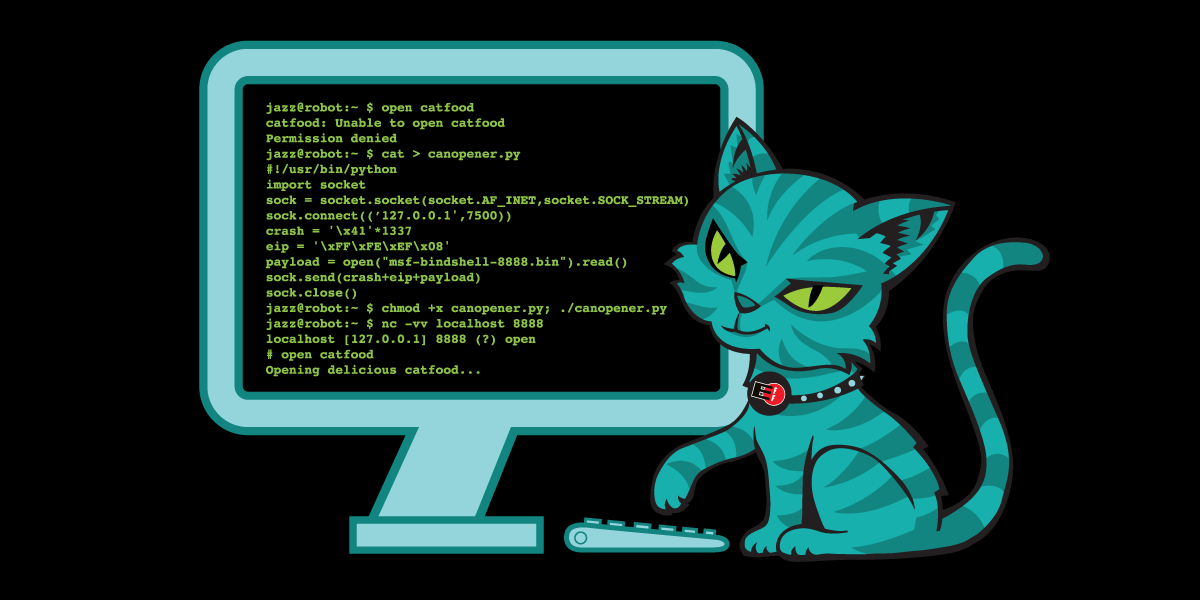EFF's Coders' Rights Project protects programmers and developers engaged in cutting-edge exploration of technology. Security and encryption researchers help build a safer future for all of us using digital technologies, but too many legitimate researchers face serious legal challenges that prevent or inhibit their work. These challenges come from laws such as the Convention on Cybercrime, the Digital Millennium Copyright Act, the Computer Fraud and Abuse Act, similar state laws, and computer crime laws in many countries around the world.
The Coders' Rights Project builds on EFF's longstanding work protecting researchers through education, legal defense, amicus briefs, and involvement in the community with the goal of promoting innovation and safeguarding the rights of curious tinkerers and hackers on the digital frontier. We also provide policy advice to decision-making officials who are considering new computer crime legislation and treaties.
Reverse Engineering FAQ
People have always explored and modified the technologies in their lives, whether crystal radios, automobiles, or computer software. Reverse engineering is one expression of this tinkering impulse. Unfortunately, legal regulation of reverse engineering can impact the Freedom to Tinker in a variety of ways. This FAQ gives some information that may help coders reduce their legal risk.
Vulnerability Reporting FAQ
Discovering security flaws is only half the battle – the next step is reporting the findings such that users can protect themselves and vendors can repair their products. Many outlets exists for publicly reporting vulnerabilities including mailing lists supported by universities and by the government. Unfortunately, however, researchers using these public reporting mechanisms have received legal threats from vendors and government agencies seeking to stop publication of vulnerability information or “proof of concept” code demonstrating the flaw. The Vulnerability Reporting FAQ gives information that may help security researchers reduce their legal risk when reporting vulnerabilities.
A "Grey Hat" Guide
A computer security researcher who has inadvertently violated the law during the course of her investigation faces a dilemma when thinking about whether to notify a company about a problem she discovered in one of the company’s products. By reporting the security flaw the researcher reveals that she may have committed unlawful activity which might invite a lawsuit or criminal investigation. On the other hand withholding information means a potentially serious security flaw may go unremedied.
 Protect digital privacy and free expression. EFF's public interest legal work, activism, and software development preserve fundamental rights.
Protect digital privacy and free expression. EFF's public interest legal work, activism, and software development preserve fundamental rights.








